
18 Mar, 2021
Mekong tourism chief’s resignation raises the bar for the Value of Values
Bangkok – When Jens Thraenhart resigned as Executive Director of the Mekong Tourism Coordinating Office, he became, to the best of my knowledge, the first head of a multilateral travel industry grouping to quit in defense of his “values.” The official press release said he had quit for “personal reasons”. It also referred to “external factors that make it increasingly difficult to do (his) job and carry out the mandate of the MTCO.” The real reason was posted on his Facebook page, thus:
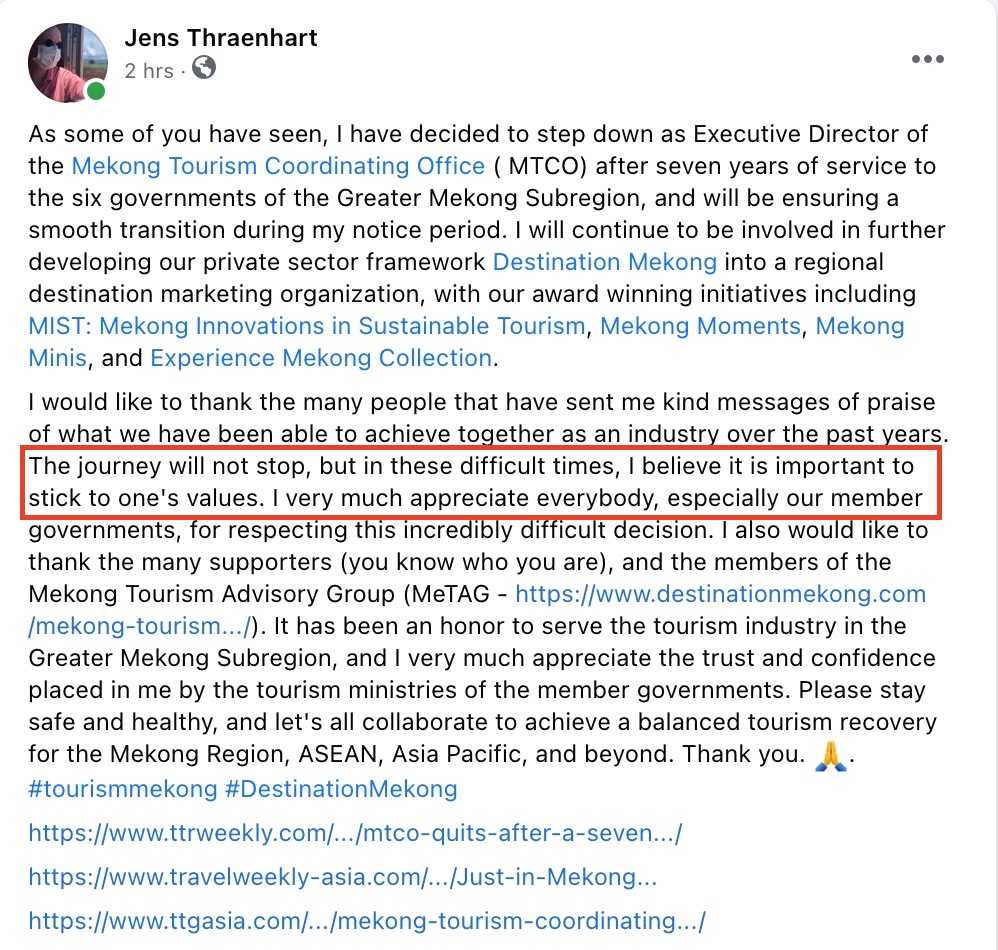
It does not take much to decipher what Mr Thraenhart means by “values”. Set up in 1996, exactly 25 years ago, to promote tourism to the then emerging countries of the Mekong region, the MTCO clearly cannot carry out its mandate in view of the ongoing bloodshed in Myanmar. No industry leader with a modicum of self-respect can watch the unfolding tragedy without taking a stand. Mr Thraenhart did just that. He walked.
In so doing, he broke new ground by raising the bar of ethical standards espoused by travel & tourism associations, destinations and leaders globally.
The horrors in Myanmar have undermined the country’s own five-year tourism strategy, which was approved just last September 2020, and posted in full on the MTCO website.
They also violate the very purpose and objectives of setting up the MTCO, viz., to make tourism a conduit for peace and prosperity, job-creation, economic development, social and cultural integration in a region long wracked by war and conflict. Indeed, the entire Mekong region blossomed after the end of the Indochina wars of the 1960-70s. Seen as a major contributor to nation-building, tourism grew because peace prevailed. A rising tide lifted all boats. Myanmar’s strategic geographic location made it a unique bridgehead between South and Southeast Asia.
As any chain is only as strong as its weakest link, the internal upheaval in Myanmar threatens to stall progress on multiple fronts region-wide. Over the years, other Mekong countries such as Thailand have also experienced internal violence, and paid the price. Peace and tourism are conjoined twins. No destination can promote tourism when the neighbourhood is burning down.
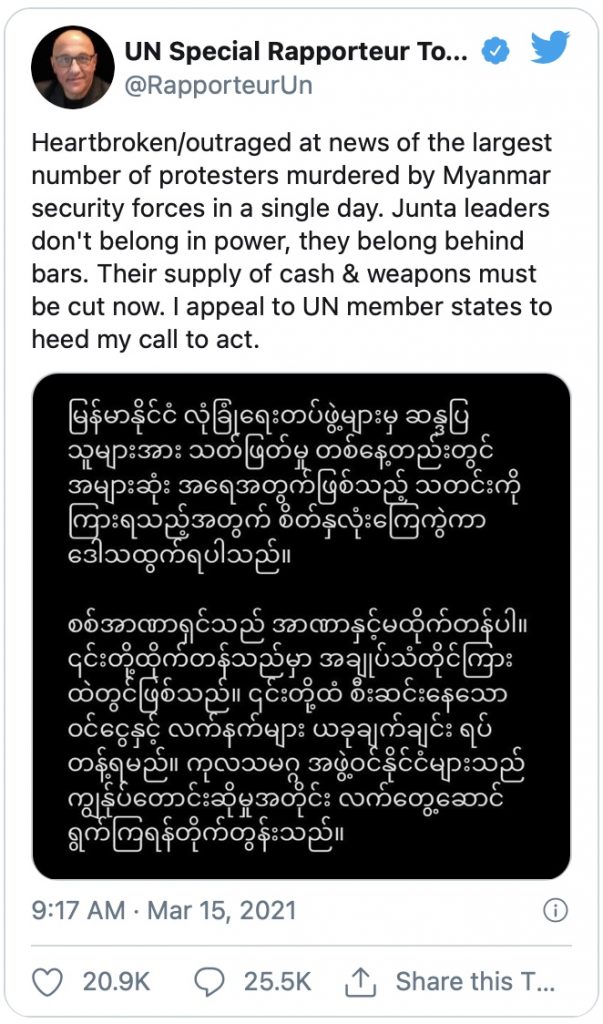
Regional and sub-regional forums such as ASEAN, Mekong and the IMT-GT countries, have emerged to harness the cross-border potential of trade, transport and travel. If governments themselves violate the norms of international conduct, leaders of these forums clearly cannot do their job. Hence, it behooves them to send an appropriate signal and make governments responsible for putting their own internal house in order. Mr Thraenhart’s resignation has done just that, and also put the onus of responsibility on other travel & tourism leaders. All wax lyrical about ethics, rule of law, principles and values, but none walk the talk – until now.
The same ethos applies to the private sector. What values do corporate executives espouse? Are human rights important to them? All CEOs talk about sustainability. Today, the definition of sustainability applies only to the natural environment. Why should it not be broadened to cover the social, cultural and geopolitical environment, the stability of which is equally crucial to the survival of travel & tourism?
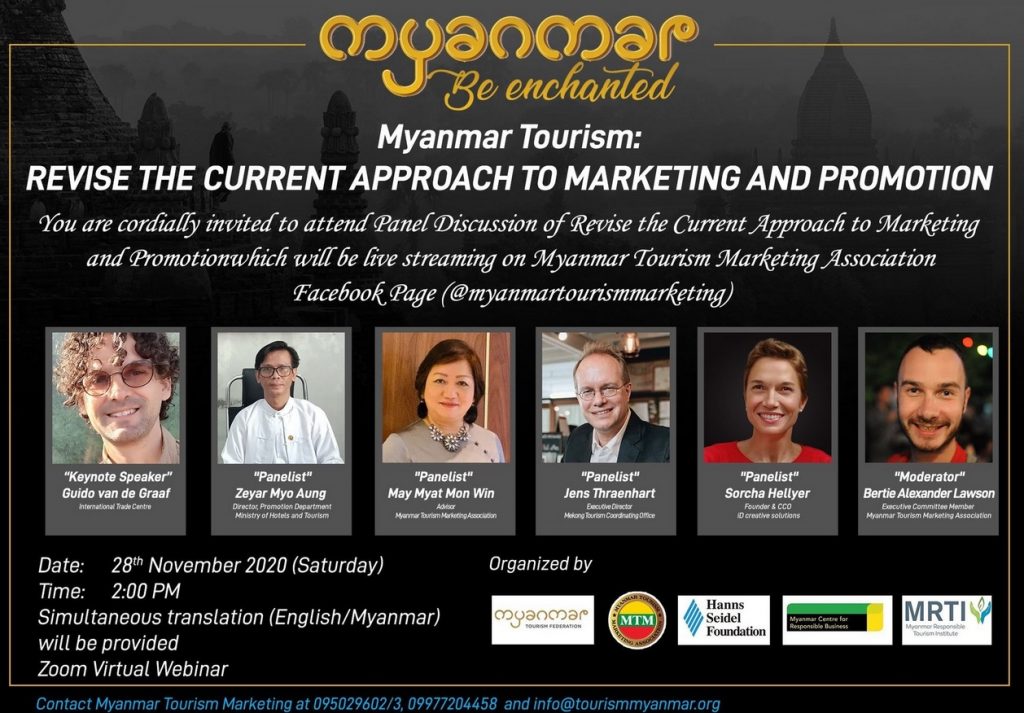
Just last November, Mr Thraenhart participated in this event.
Such broader disruptions loom on all fronts, within the Mekong region and right across the Asia-Pacific, the Middle East and beyond. By and large, private sector leaders prefer to sit on the fence, citing an excuse “not to get involved.” The party-line is that they will be happy to bring business back when the situation stabilises.
All those run-for-cover positions are now in limbo. Mr Thraenhart’s resignation has brought to the forefront the role of corporate values and principles in the face of such gross violations of human rights. If the Myanmar travel & tourism industry, too, takes a courageous stand, it may get added traction and advance the cause. Indeed, the crackdown on pro-democracy demonstrators is not the only issue of concern. The horrendous treatment of the Rohingyas is another controversy, sadly one to which the once-celebrated Myanmar freedom movement leader Aung San Suu Kyi stands accused of turning a blind eye.
As a European, Mr Thraenhart need not fear a backlash from any of the Mekong governments. On the contrary, his resignation puts European governments in the dock. They are known for their finger-wagging at the Asian, African and Arab countries about human rights violations and imposing sanctions when it suits their purpose. However, their stance is often marked by selective double-standards and hypocrisy, which only worsens the problems they are trying to solve.
The MTCO was set up in 1996 after the PATA annual conference in Pattaya. For 10 years, it was known as the Agency for Coordinating Mekong Tourism Activities (AMTA). The first two directors were Mr Santichai Euachongprasit and Mr Paisan Wangsai, both senior executives of the Tourism Authority of Thailand, which was funding the operations with staff and office space. After 2006, it was renamed the Mekong Tourism Coordinating Office and transferred to the then newly established Ministry of Tourism and Sports. The Executive Director was Mr Stephen Yong, a Malaysian, followed by two Americans, Mr Peter Semone (in an acting capacity for a year) and Mr Mason Florence. Mr Thraenhart was the fifth CEO, and the longest-serving.
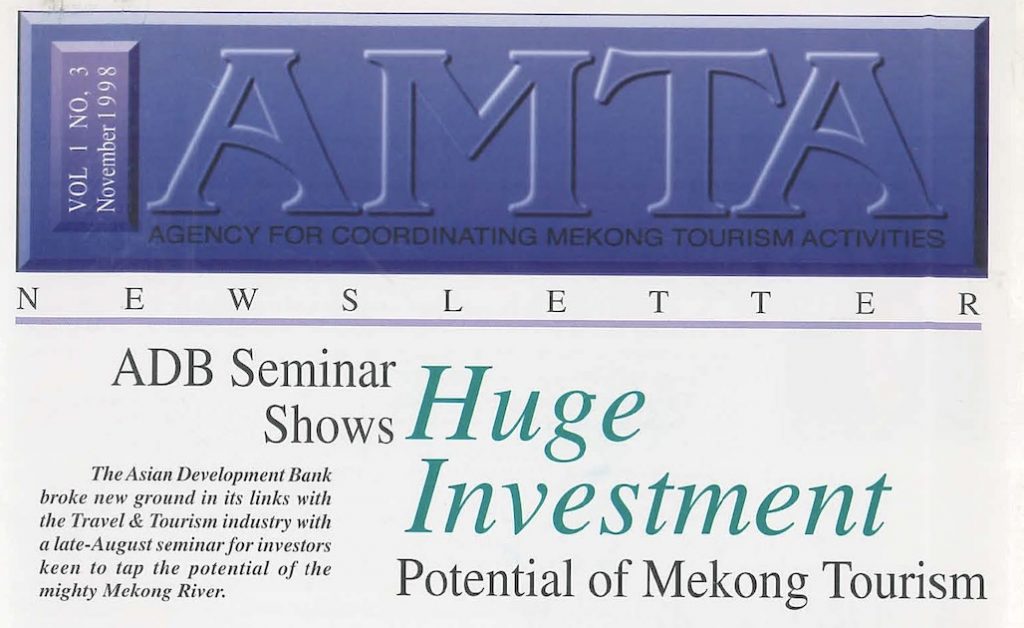
The Mekong countries will now need to find a replacement for Mr Thraenhart who will exit officially as of mid-June, though it could be earlier. As long as the Myanmar political kettle remains on the boil, that will be a tall order. In fact, this may be a good time to dissolve the MTCO entirely. The Office has served its purpose. All the tourism infrastructure hardware and marketing software is in place to ensure continuity long after the clouds clear. The bulk of the activities are now being undertaken by private sector framework, Destination Mekong. There is little of additional value that the MTCO can do.

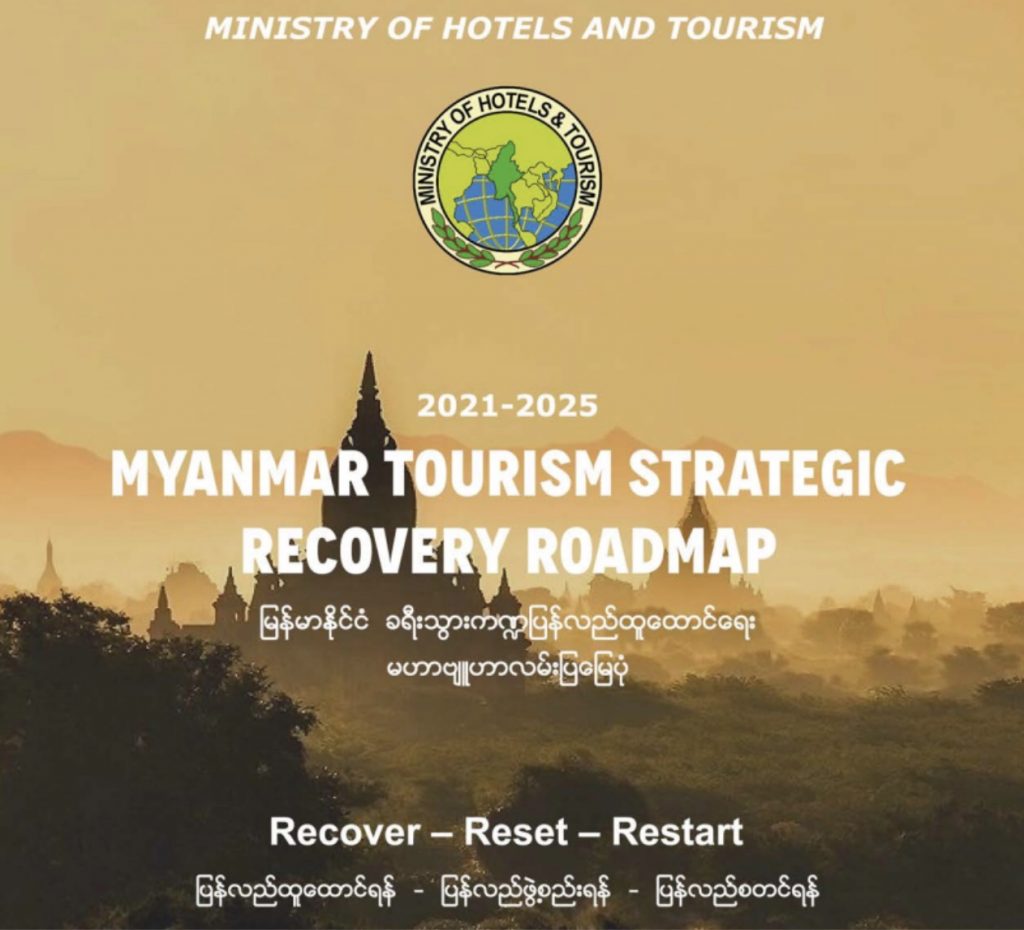


Liked this article? Share it!